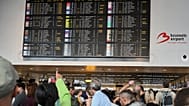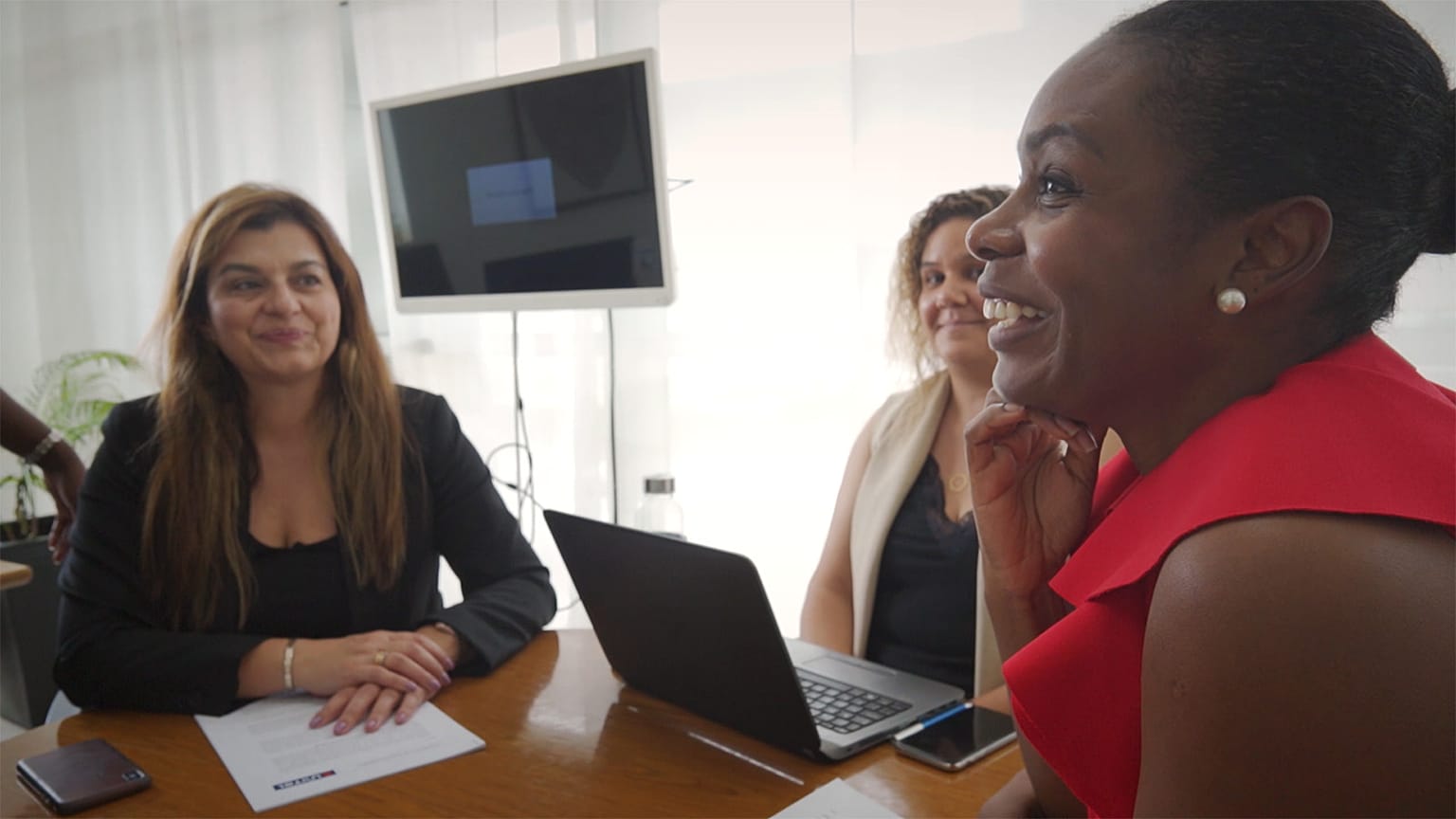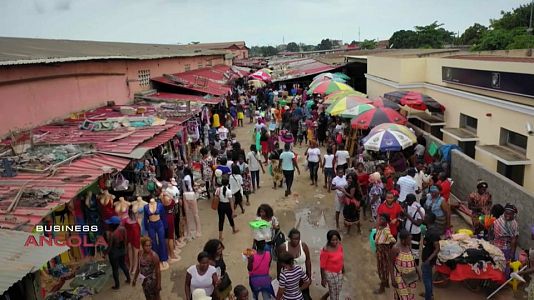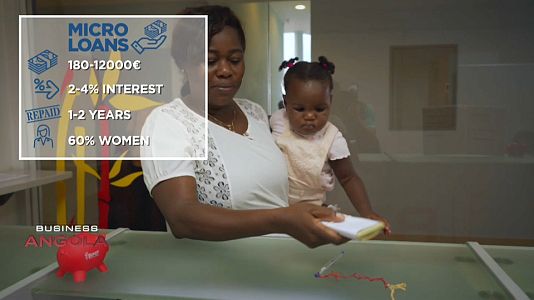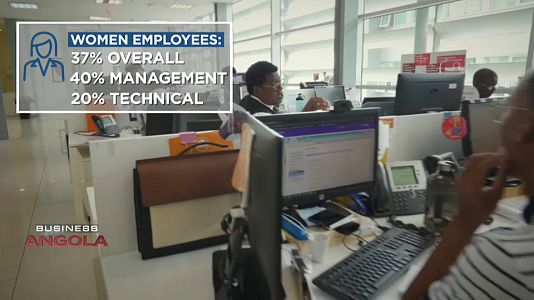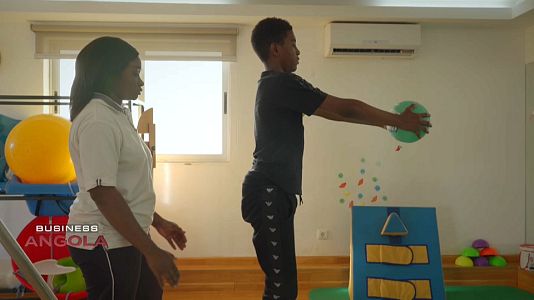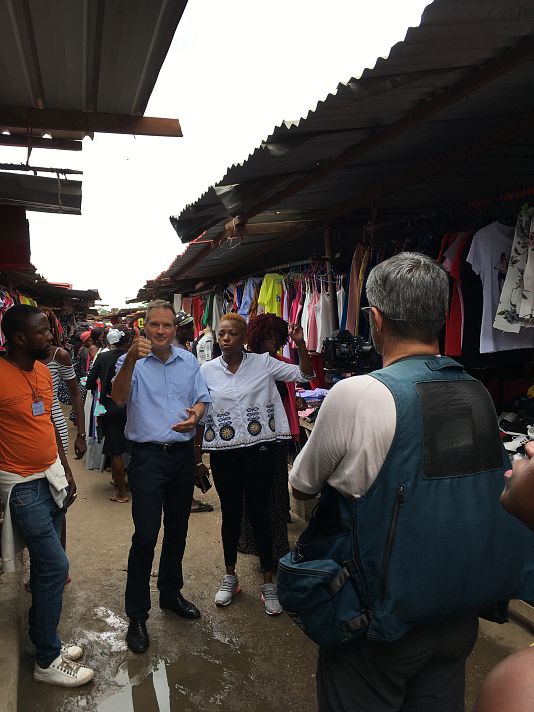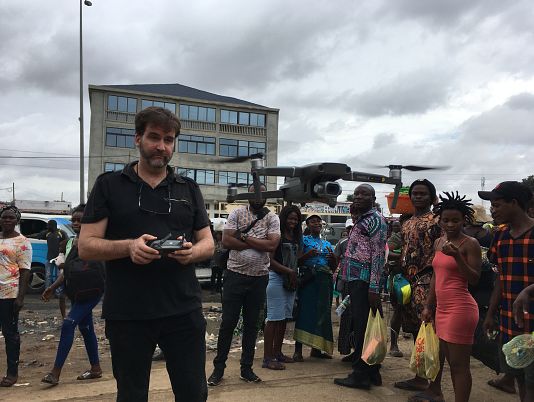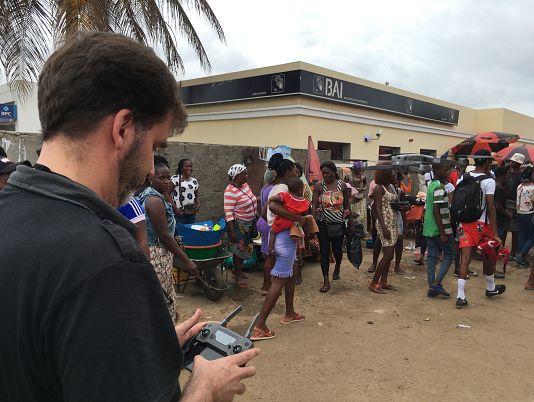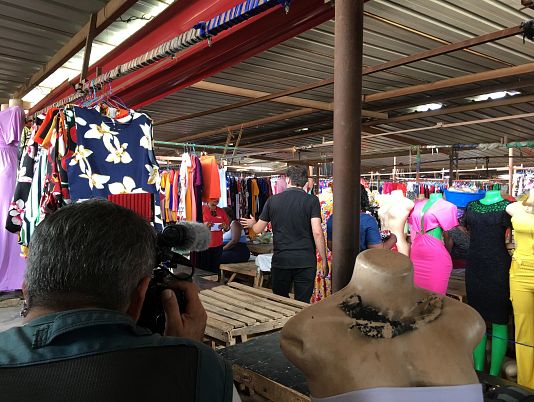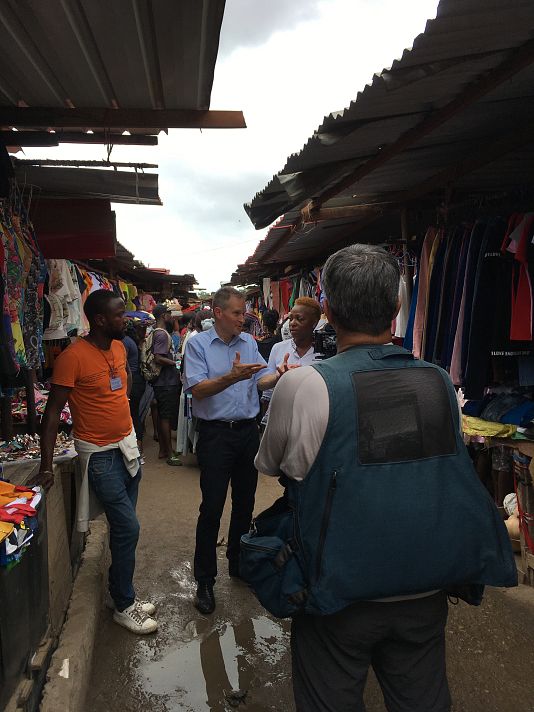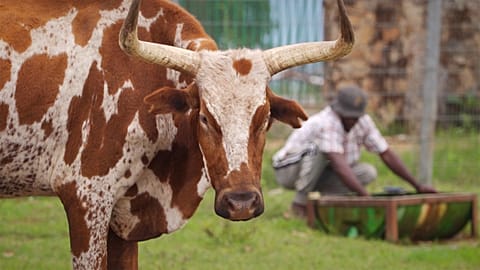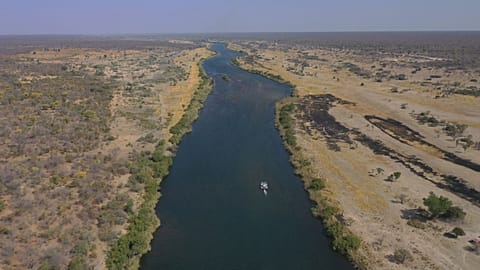From SMEs to corporates, Angola taps the power of women in business. In this edition of Business Angola, we look for the stories behind a statistic: a global study finds a high rate of women entrepreneurship - about 40% of all working women in Angola.
 ADVERTISEMENT
ADVERTISEMENT
In this edition of Business Angola, we look for the stories behind a statistic: a global study finds a high rate of women entrepreneurship - about 40% of all working women in Angola.
We begin a huge women's market two football fields long, of women selling to women. Many of those entrepreneurs work with micro-credit from a local bank to travel across the world to bring home clothes and shoes to sell.
At Angola's largest telecom Unitel, Eunice de Carvalho, Chief Corporate Affairs Officer, is spearheading a scholarship programme called ‘’Women for the future", to promote more women in tech. We speak with one of the students in the programme, who is studying mechanical engineering.
And we visit a physiotherapy centre started up by a businesswoman who learned how to improve care for the handicapped first-hand by caring for her daughter, Ana Carolina. While the little girl did not survive, her name lives on at the Ana Carolina Centre.
Owned by women selling to women
A market in Luanda called Praça das Mulheres in Portuguese or Women’s Square. It covers an area about 200 metres long and 50 metres wide. It has hundreds of small businesses owned by women, selling to women. Clothes and shoes of all styles, from around the world.
And where do all these clothes come from?
"They come from Brazil, they come from the United States, Thailand, China, South Africa, Pakistan. It is a market that gives an opportunity for many women. As you can see, there’s a lot of vendors," said Janeth Campos, Co-Owner, Women's Market.
Bank Loans
Many of the women received micro-loans to travel the world to find their wares to sell. Fluctuating exchange rates are a challenge, but that doesn’t stop Ines Francisco Luis, Shop Owner, Women's Market.
"To be a businesswoman, the bank only has to make some transfers, you receive a VISA card or a few dollars, then you have the possibility to buy the dollars at the bank at a lower price, and then I could become a businesswoman, which I am!"
Micro-financing comes from a bank, with loans as little as €180. Most of the clients (60%) are women, paying 2 to 4 per cent interest, and paying them off within 2 years.
Isabel Pereira Silvestre, Branch Manager, Banco BAI Micro Finanças (BMF) said, "They are fearless. When they come in here they get straight to the point. They know exactly what they want. They come in here and they know exactly the amount they want to borrow. They come in here and say, Madame Isabel, I want a loan of this much and I am capable of making this much in payments."
Unitel's scholarship programme
From small businesses to Angola’s largest telecom. Unitel has a scholarship programme called ‘’Women for the future", to bring more gender balance to the IT sector.
Unitel’s Chief Corporate Officer, Eunice de Carvalho was educated in the US and oversees the programmes.
"We believe this programme provides an opportunity for access to women to (enter) higher education as well as to be able to study in fields for which the job market is looking for people."
Women make up 40% of the management at Unitel, which is more than the overall figure, though it's half that on the tech side.
Breaking barriers for women
Eunice explained that they break down barriers for women in Angola.
"We also started last year in conjunction with this programme, talking about the girls in telecoms, showing examples of many of our senior managers here at Unitel, women working in the technical fields, putting them in front of these girls and saying you can do it as well."
One woman seizing on the opportunity is Eveline Clemente, who’s studying mechanical engineering at the Unitel scholarship programme and she has big plans.
"In the future, I intend to work with renewable energy. I think it is a very big deal for our country and for the world in general. My mentor has been working with me on this dream, this goal. We are developing certain projects, it is helping me to develop those projects that I want to work toward this end."
A physiotherapy centre set up by a mother
The Centro Ana Carolina physiotherapy centre was created by Paula C de Morais who is the CEO of the clinic. As a mother, she named it after her handicapped daughter and said, it was an uphill battle at first to get the business idea off the ground despite her strong business background and organisational skills.
"They often asked where is the head of the company, the CEO, and I said that's me, you are looking at her. And I think this was something that began to be overcome because over time, with the years in the company, they began to realize that regardless of being a woman and being my age, I could make things happen."
From her difficult experience finding proper care for her daughter, Paula has assembled a team of physiotherapists, speech therapists and osteopaths.
"I've been on the other side for a long time as a client, so I realise what clients want, what the market wants, and it's very easy for me to deliver it, with the right team, the right equipment, and with that we can provide really good service."
Sadly, Ana Carolina did not survive. But her mother carries on, helping others cope with their handicaps, with another centre in development downtown.
From businesses of all dimensions, women entrepreneurs are a key part of Angola's diversification and development and are helping each other to make it happen.
Click on the player above to watch the programme.




